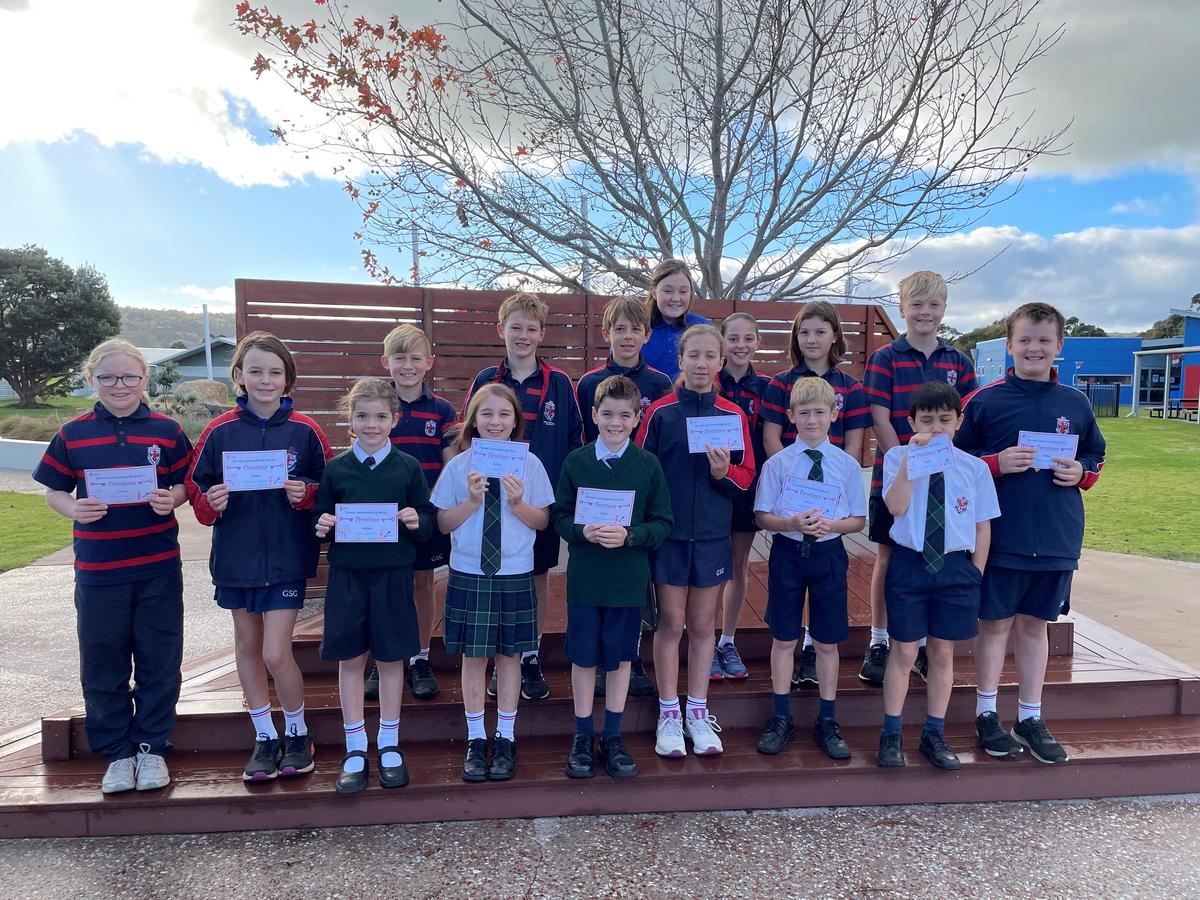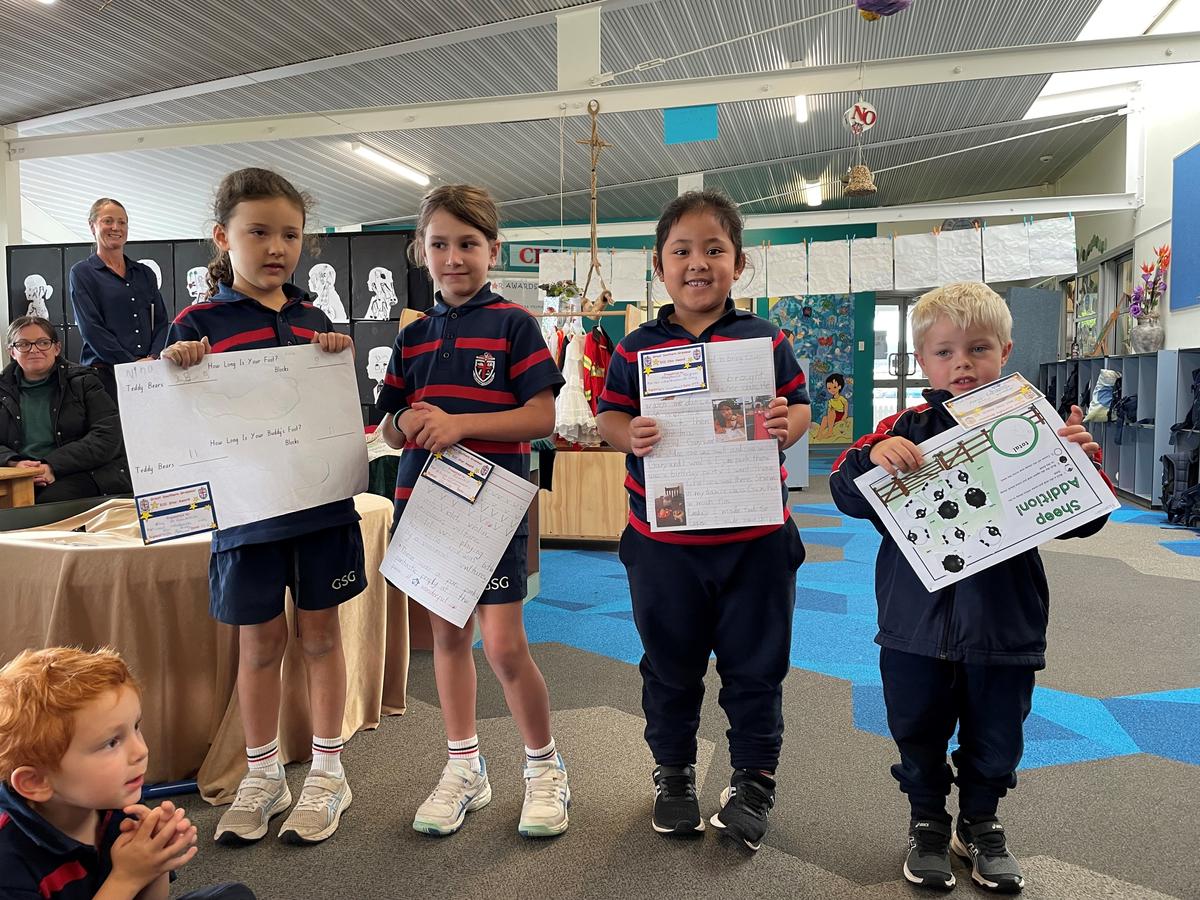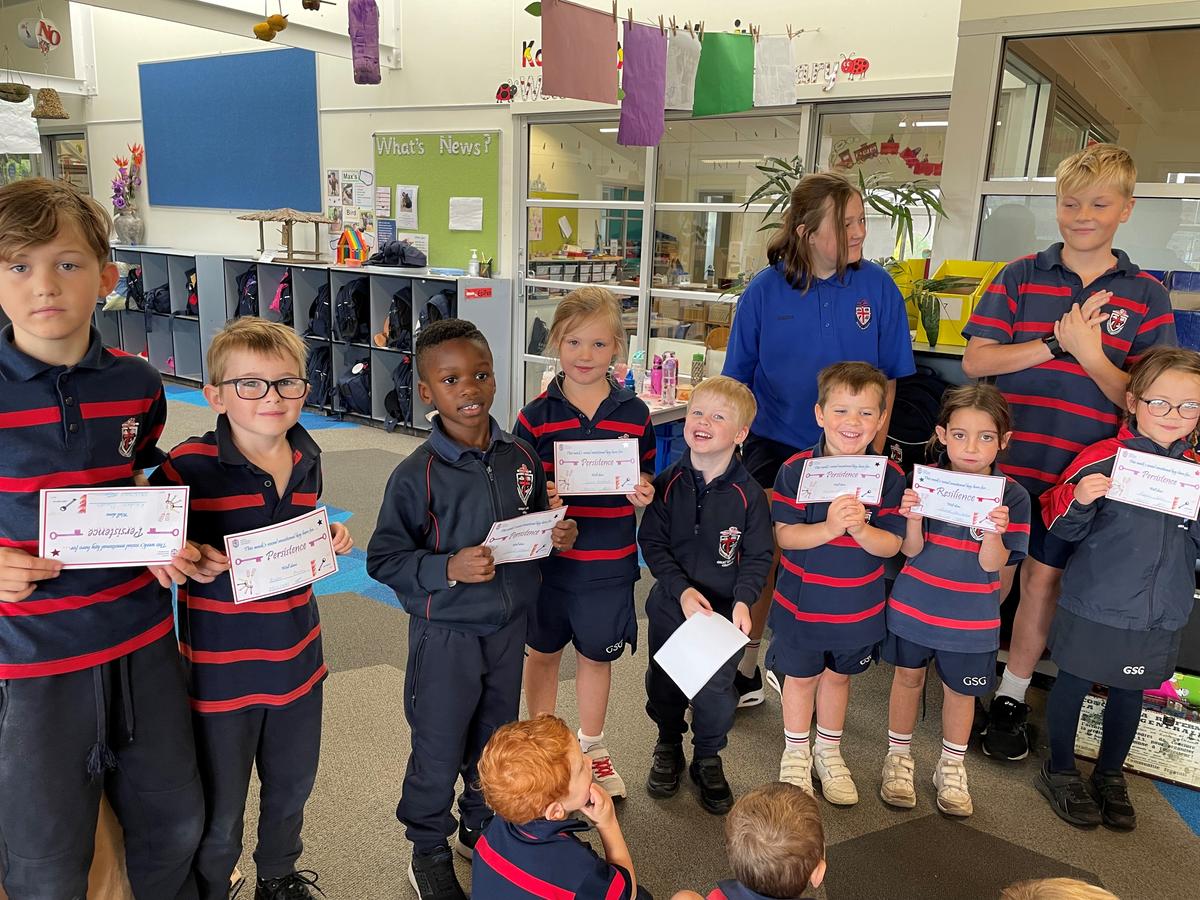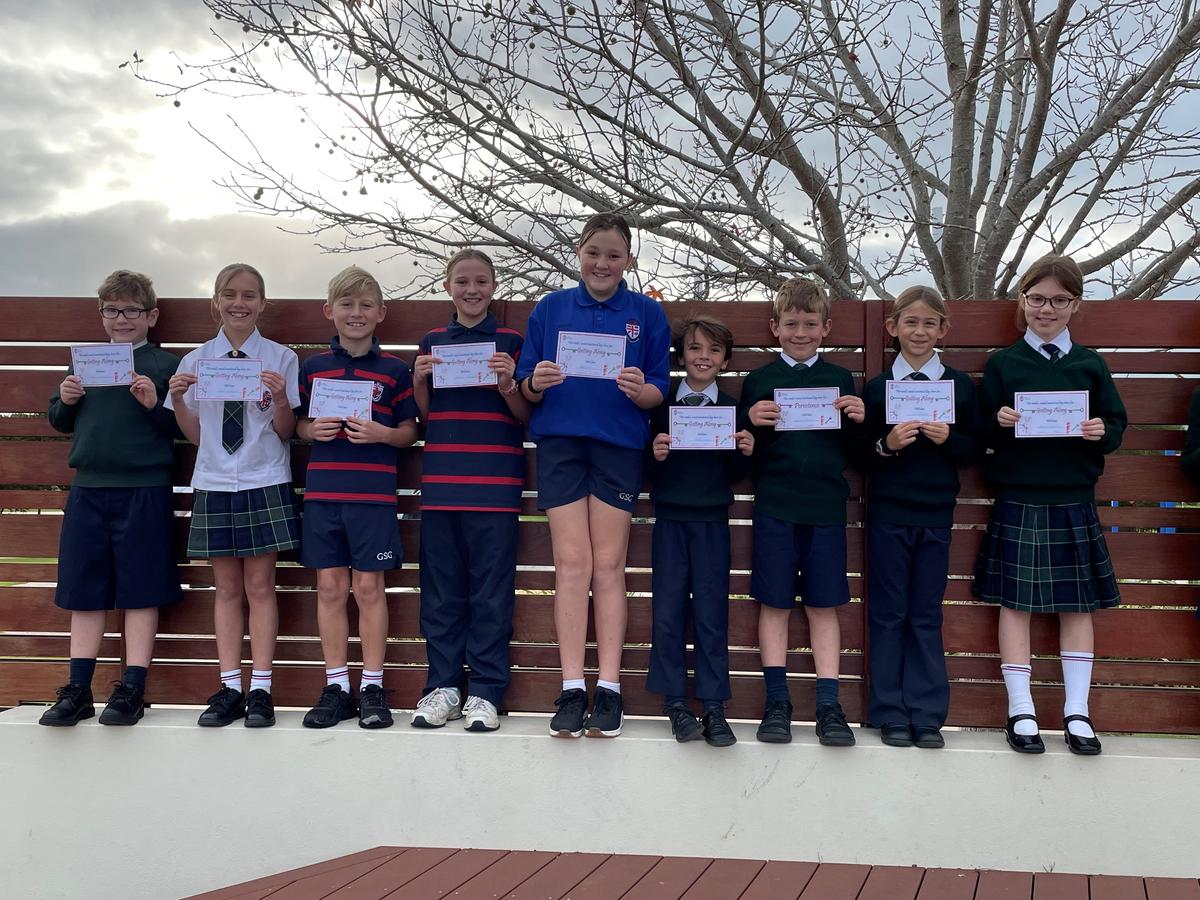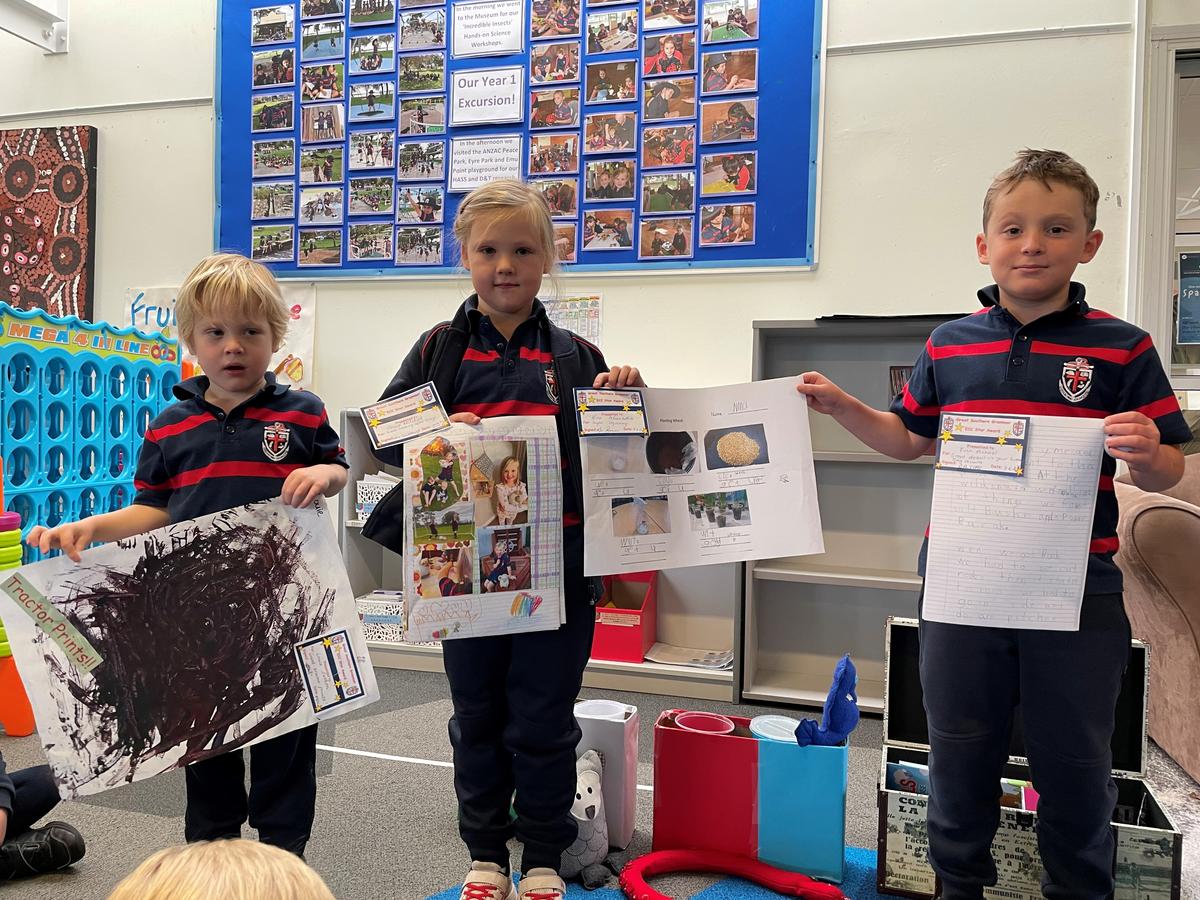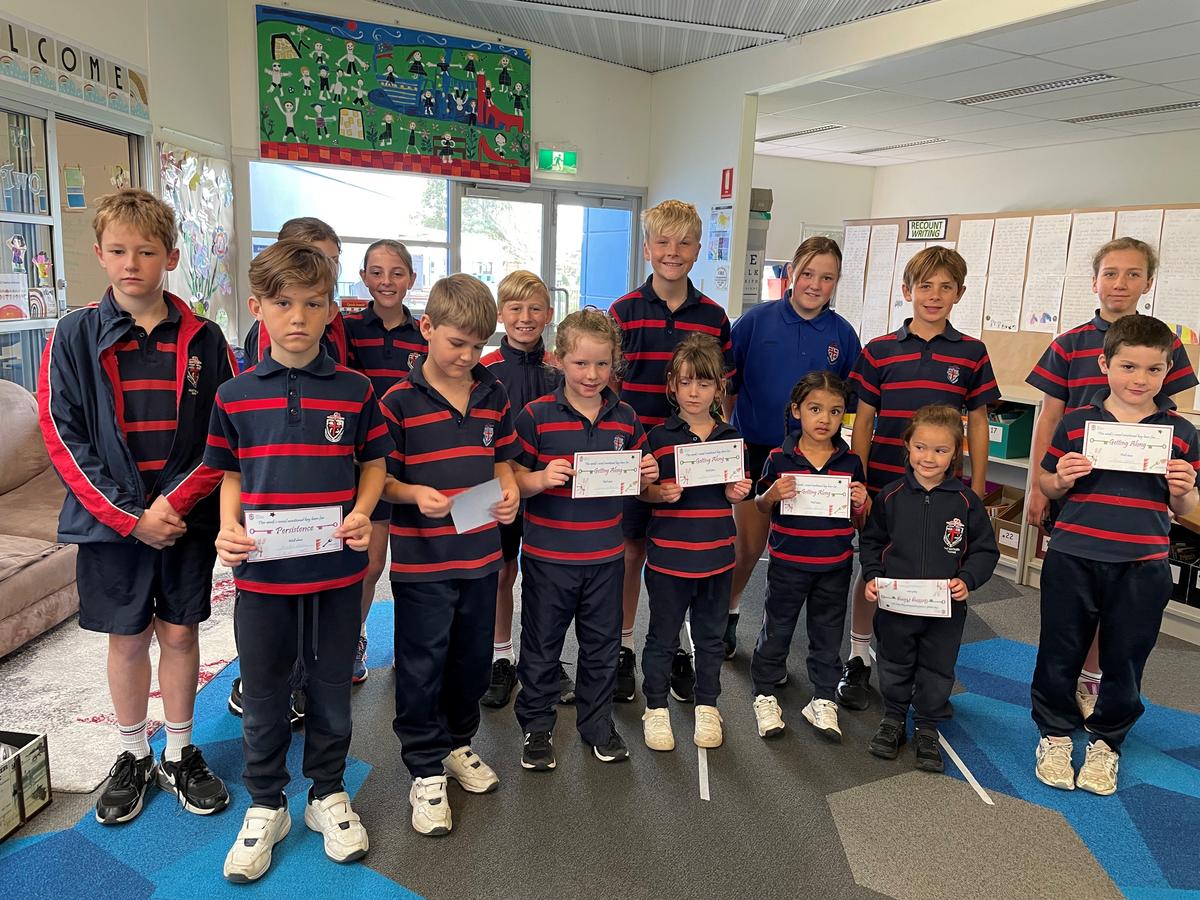Junior School
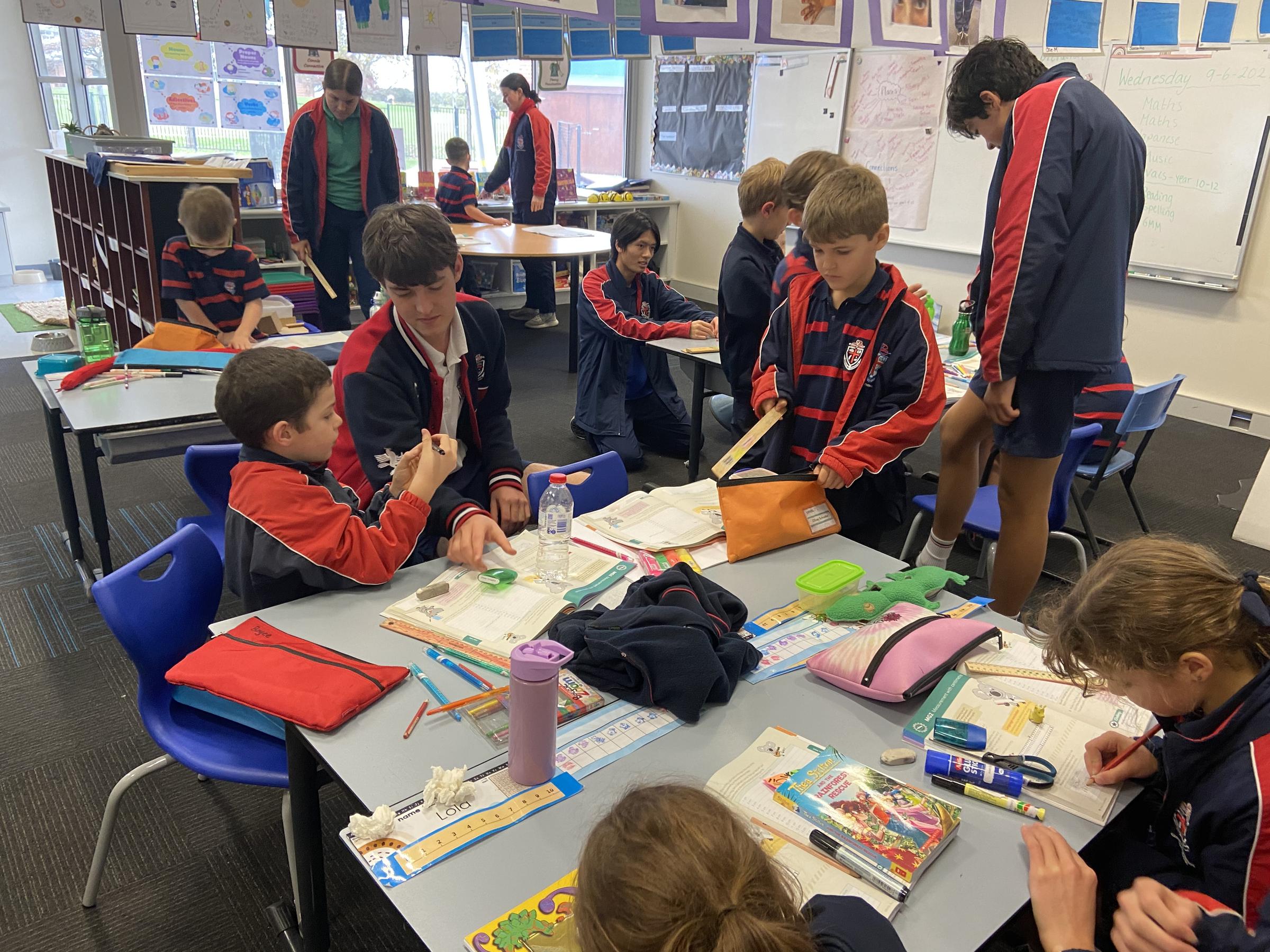
From the Head of Junior School
Just to recap: each week have profiled one of our eleven Learner Attributes in the Junior School, discuss what they mean and how they are integrated into our learning and daily routines. Thus far we have explored Persistence, Organisation, Flexible Thinkers, Confidence, Open-Minded, Collaborative and Inquirers.
This week – Resilience
Regrettably, at some point everyone experiences set-backs, challenges, disappointments, hardships or loss. Sometimes we know they are coming, or likely to occur, and at times it is completely unexpected. Of course, there are varying degrees of these experiences depending on the individual, their age and context. The literature suggests (links provided below) a number of factors contribute to an individual's resilience including: individual characteristics (self-awareness, self-management, social skills and self-confidence); family connectedness; and social connectedness (school, peers). Research suggests that these factors can change over time, and can be developed.
Resilience seems to have the unique characteristic, I feel, of not knowing for sure that you have it until you have needed to demonstrate it.
At a Junior School level, students at some point experience challenges in their learning, their friendships, missing out on something or losing a game, for example. Occasionally, some students experience set-backs, hardships and loss on a different scale.
There are many helpful websites with suggested strategies to proactively promote resilience, and respond with resilience for children. Two I have found particularly helpful are:
Beyond Blue – Building Resilience in Children
Student Wellbeing Hub, a National resource for students, parents and educators that was established in 2018 by consolidating many different, but complementary resources into one location.
Some of the key proactive strategies for developing resilience I draw from these resources are:
- Build, strengthen and promote supportive relationships
- Encourage opportunities to develop independence and autonomy
- Identify emotions, how they are expressed and managed
- Encourage confidence building opportunities through personal challenges (healthy risks)
We continually review the educational environment we provide to set students up for positive experiences and success. There are opportunities we can intentionally design that offer wonderful learning experiences for collaboration, flexible thinking, organisation and alike; resilience is more nuanced for the individual and the circumstances. Educating children about resilience strengthening factors, identifying them in-the-moment and acknowledging their progress in navigating those moments helps develop greater self-awareness and capacity with each new experience.
Student Reflections
An example of resilience is when sometimes lunches get mixed up and we get our sisters or brothers lunch by mistake, we have the resilience to eat it anyway even if its not exactly what we would normally eat. - Harry and Will
When learning to ride a bike we fall off a lot, but we have the resilience to keep trying and finally be good at riding. - Sophie and Maggie
Sometimes our friends are away from school and that is sad because we like playing with them. Being resilient means we can find another person to enjoy playing with instead. - Stella and Faye
With warm regards, and resilience,
Mr Ken Raven | Head of Junior School
You Can Do It
During Week Six our focus was on Persistence. Being persistent is about not giving up even if something has become hard or not something you enjoy doing. Our leaders ran games during the week at lunch times for our Years Two to Six students such as Capture the Flag and Origami Club which all required levels of persistence to complete. Well done to the following students who were chosen by their teachers as the Social-Emotional Key Heroes for Persistence:
Riley Jenkins, Harriet Swain, Menari Deegan, Kari Taylor, A’ine Galbraith, Harry Newman, William Buckovic, Annie Newman, Max Gavin, Owen Pretorius, Baxter Bowey, Kaiden Dawes, Grace Mitchell, Edward Yeboah, Harriet Stan-Bishop, Poppy John, Harrison Campbell, Alexander Standish.
ECC Stars of the Week
Nina De Giambattista, Lola Ravenhill, Stephanie Siripun, Hamish Field
For Week Seven we focused on Getting Along. The ability to be kind and fair to all and initiate cooperative play and work with any of our peers. Our Baudin leaders ran a game of Capture the Flag with Years Five and Six students and teachers vs Years Three and Year Four students whereby the Years Three and Year Four students were victorious! Our Social-Emotional Key Heroes for Getting Along were:
Abby Gors, Amelia McDonald, Indi Farrant, Evan Pretorius, Oskar Friemer, Myla Griskonis, Mia Palmer, Henry Turner, Beatrix Darling, Noah Jones, Oliver Schaefer, Boyce Sprigg, Stephanie Siripun, Gracie Williamson, Isabella Melrose, Ellie Murnane, Saakhi Mann, Zayne Prasad .
ECC Stars of the Week
Louie Sutton, Grace Mitchell, Nina De Giambiattista, Finn Michael.
Mrs Leah Field | Teacher


